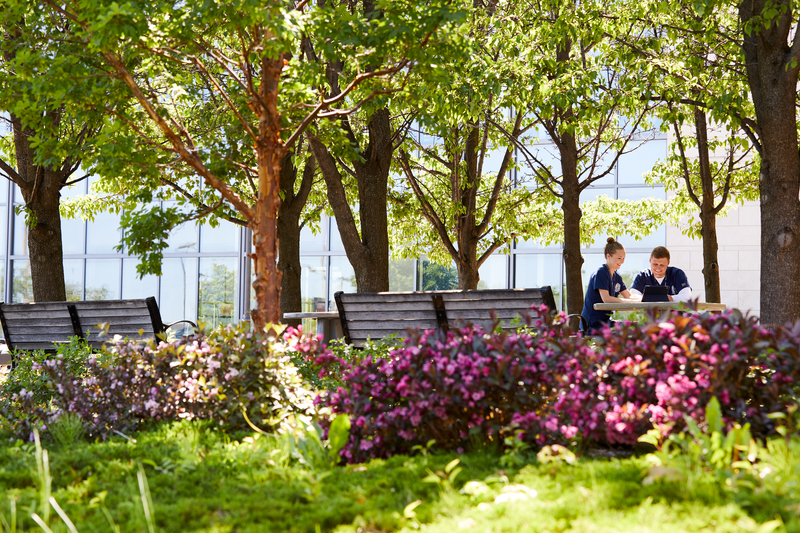COVID-19 Contact Tracing & Information
The Risk Manager may contact you with any additional questions if needed.
MUSOD - Employee - Student Exposure
For self-reporting of employee / residents / students click link below. This form will gather information about possible employee or student exposures.
Covid-19 employee - student contact tracing
MUSOD - Patient Exposure
For reporting patients, click link below. This form will gather information about possible patient exposures.
Covid-19 patient contact tracing
Prevention steps for those who are sick and/or at risk of COVID-19
Stay home except to get medical care
- Restrict activities outside your home, except for getting medical care. Do not go to work, school, or public areas.
- Avoid using public transportation, ride-sharing, or taxis.
- If you have a doctor’s appointment, call ahead and let them know you are suffering from a possible respiratory infection.
- Non-urgent visits may need to be rescheduled.
- If there is someone who is not currently sick who can help you, ask for their assistance with day-to-day errands, picking up food or groceries, and going to the pharmacy for medications.
Take measures to prevent the spread of infection at home
Separate yourself from other people in your home
- As much as possible, you should stay in a separate room and away from others in your home. Use a separate bathroom, if available.
- Do not share dishes, eating utensils, towels, or bedding with others. After using these items, they should be washed thoroughly with soap and water.
- If you usually care for people at home, ask for help from others who are not currently sick. If you must continue to care for people at home, wash your hands frequently and wear a facemask if available.
Clean your hands and cover your coughs and sneezes
- Wash your hands often with soap and water for at least 20 seconds or use an alcohol-based hand sanitizer. Avoid touching your eyes, nose, and mouth.
- Cover your mouth and nose with a tissue when you cough or sneeze. Throw used tissues in a lined trash can; immediately wash your hands with soap and water or use an alcohol-based hand sanitizer. Soap and water are better than hand sanitizers if your hands are visibly dirty.
- Wear a facemask if you are coughing and need to be around other people. If you are unable to wear a facemask, the people in your household should not stay in the same room with you, or they should wear a facemask when entering your room.
- Place used disposable face masks and other contaminated items in a lined container before disposing with other household waste. Wash your hands immediately after handling these items.
Clean “high-touch” surfaces at least daily
- High-touch surfaces are surfaces that are frequently touched, such as doorknobs, bathroom fixtures, toilets, phones, and tablets.
- Use soap and hot water or if available, a household cleaning spray or wipe according to instructions on the label.
- Some approved disinfectants against coronavirus include:
- Clorox Multi Surface Cleaner + Bleach
- Clorox Disinfecting Wipes
- Clorox Commercial Solutions - Clorox Disinfecting Spray
- Lysol brand Heavy-Duty Cleaner Disinfectant Concentrate
- Lysol Disinfectant Max Cover Mist
- Lysol brand Clean & Fresh Multi-Surface Cleaner
- Purell Professional Surface Disinfectant Wipes
- Sani-Prime Germicidal Spray
Good airflow
- If possible, allow shared spaces in the home to have good airflow through an open window or A/C unit.
Monitor your symptoms
- If your symptoms are getting worse (trouble breathing, pain in chest) and you need medical attention, call ahead to notify the healthcare provider or medical facility that you may have a respiratory infection. If you have been tested for COVID-19, ask your healthcare provider to call the local health department.
- If you have a medical emergency and need to call 911, notify the dispatch operator that you may have a respiratory infection. If possible, put on a facemask before emergency medical services arrive.



